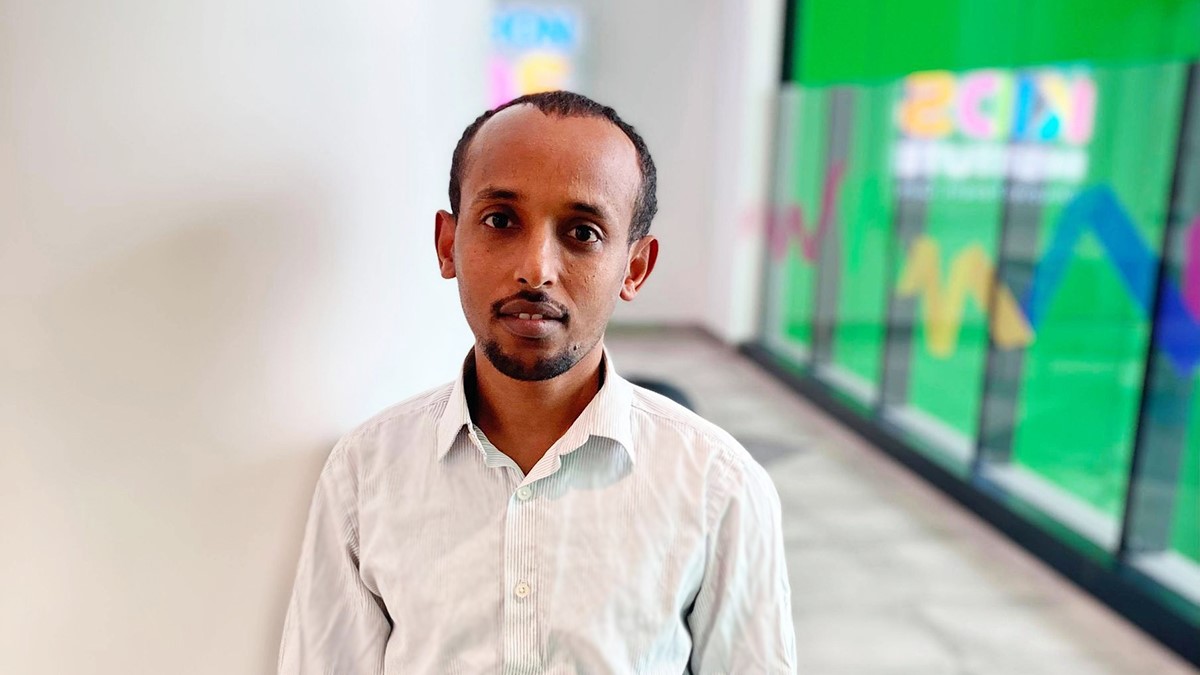Search
Research
Molecular characterization of Der p 10: A diagnostic marker for broad sensitization in house dust mite allergyTropomyosins represent clinically relevant seafood allergens but the role of mite tropomyosin
Research
Participation in population-based case-control studies: does the observed decline vary by socio-economic status?Participation in population-based case-control studies: does the observed decline vary by socio-economic status?
Research
CD4 allergen tetramersThe introduction of class II tetramers for identifying antigen-binding CD41 cells has lagged behind the use of class I tetramers because of difficulties...
Research
Hospitalisation with infection, asthma and allergy in Kawasaki disease patients and their families: genealogical analysis using linked population dataKawasaki disease results from an abnormal immunological response to one or more infectious triggers.
Research
Polymorphisms associated with normal memory variation also affect memory impairment in schizophreniaNeurocognitive dysfunction is a core feature of schizophrenia with particularly prominent deficits in verbal episodic memory.
Research
Increasing the low-glucose alarm of a continuous glucose monitoring system prevents exercise-induced hypoglycemiaThe use of continuous glucose monitoring systems (CGMSs) with low-glucose alarms is advocated as a means to decrease the risk of hypoglycemia in type-1 Diabetes
Research
Child behaviour following low to moderate maternal drinking in pregnancyChild behaviour following low to moderate maternal drinking in pregnancy
Research
DETECT SchoolsThe DETECT-Schools Study was launched in May 2020 as a partnership between the WA Government Departments of Education and Health with The Kids Research Institute Australia.

Our Child Health Analytics Team uses cutting-edge technologies to better understand how and why the health and wellbeing of children varies from place to place. We develop innovative geospatial methods that can harness large, complex datasets to pinpoint hotspots of elevated risk, evaluate change through time, and explore underlying drivers.

News & Events
New study identifies African ‘hotspot’ for highly infectious diseasesA regional corner of Africa is a hotspot for cases of HIV, tuberculosis and malaria, prompting researchers to call for targeted health support rather than a national response.
